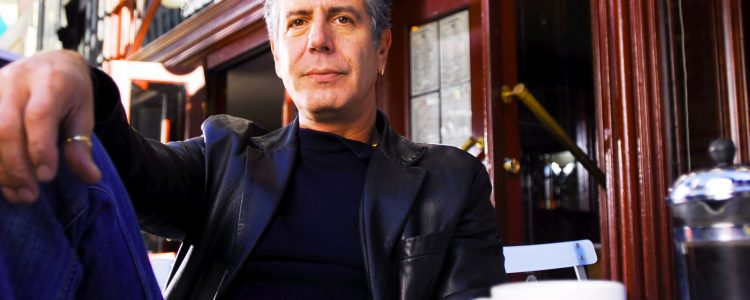
Written by Illinois Right to Life Executive Director Mary Kate Knorr
Early this week, I sat down to watch a handful of documentaries that I’ve meant to see for a while. Among them were two of particular importance: “How To Die In Oregon,” which explores the topic of assisted suicide and its legality in both Oregon and Washington state, and “Kevorkian,” which follows Dr. Jack Kevorkian (or “Doctor Death,” as he’s often called) in the year he was released from jail and ran for Congress. These films cover heavy topics but, in many moments, are facetiously light-hearted – which is admittedly unsurprising given their secular nature. In these pieces, death is portrayed as the preferential alternative to mental, physical, and spiritual suffering – and is met, in some cases, with a disturbing enthusiasm.
So, it’s thought-provoking, for me, that I watched these films in the same week that the suicide deaths of Kate Spade and Anthony Bourdain created a national conversation about taking one’s own life. For as the world mourns the loss of these notable personalities, news outlets have pointed out the sharp increase in suicides since the 90s. The verdict is in: American suicide rates are a travesty.
It’s a confusing reality when someone we love chooses to take his own life. What was said, or perhaps unsaid, that drove him to make this particular choice? Public opinion seems to be that suicide is a horrible way to go – and with good reason, because, well, it is. But if it’s true that suicide in this form is tragic, shouldn’t it be that legally-prescribed, medically-induced forms of suicide are tragic too?
Discouraging suicide is of great interest to the pro-life mission – in fact, it’s at the heart of the pro-life mission. The first life that we, as individuals, inherently value and protect should be our own. It’s in our very nature. But how can we be surprised, as a society that’s glorified the individual’s choice when it comes to life, that this is a problem for us? How can we be surprised, as a society that has empowered individuals to play God in the creation and elimination of life, that we lack all sense of its value?
The answer, of course, is that we can’t be.
Secular society would have us believe that there is no connection between Anthony Bourdain’s suicide and “death with dignity” laws, or the mass killing of the unborn through abortion, but the facts remain: life has inherent value, regardless of the form it takes or the perception of those who posses it. Just as Bourdain’s life held inherent meaning, so does the life of someone who suffers from a terminal illness or a child dependent on his mother inside the womb. To question the value of one is to discount the value of all – and this is exactly what we’ve done. So, this is the price we pay.
It is a terrible, horrible tragedy that Kate Spade and Anthony Bourdain felt so disconnected from the value of their existence as to take their own lives. Their beating hearts held a remarkable purpose, and it’s a crisis that they are just two of the many who have doubted that purpose enough to throw it away. But to discourage suicide is not enough; for the numbers to change, our hearts must change first.
Life, in all of its various shapes and sizes, must be valued again. We must, once again, see life as the great, daily gift that affirms our purpose and validates our existence. As long as my heart is beating and my lungs are breathing, I am a person of infinite value. Mental, physical, and spiritual suffering is not a threat to me; rather, it is a confirmation of my humanity, and also of my strength. This is true from the moment it begins in the womb, to the moment it’s naturally claimed from this Earth. Every second in between is a gift. It is precious, it is sacred, and it is beautiful.
